jambú. Claudius. 29.03. Paris
Posted in Uncategorized on March 27th, 2025Tags: Claudius
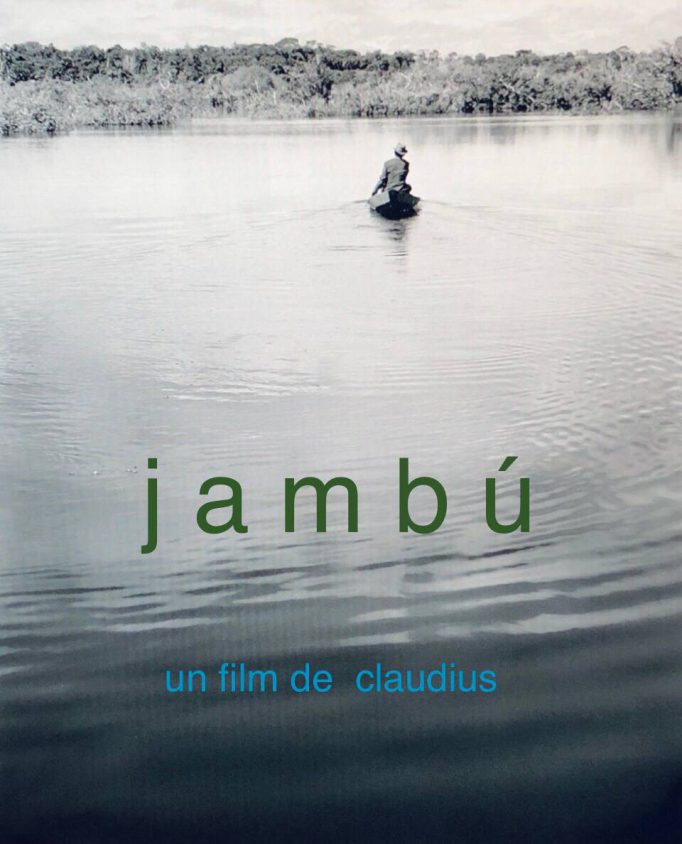
jambú
un film de Claudius. (18′, 2025)
Saturday March 29, 7pm
Motto / K1no1
38 rue du Vertbois
75003 Paris

jambú
un film de Claudius. (18′, 2025)
Saturday March 29, 7pm
Motto / K1no1
38 rue du Vertbois
75003 Paris
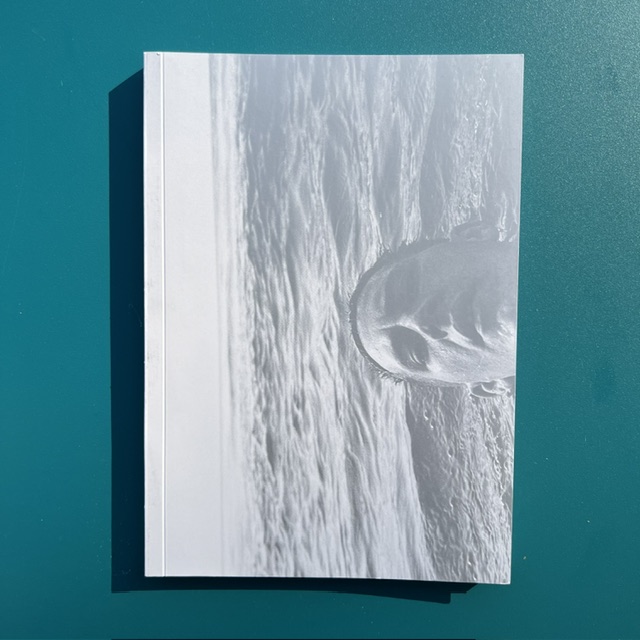

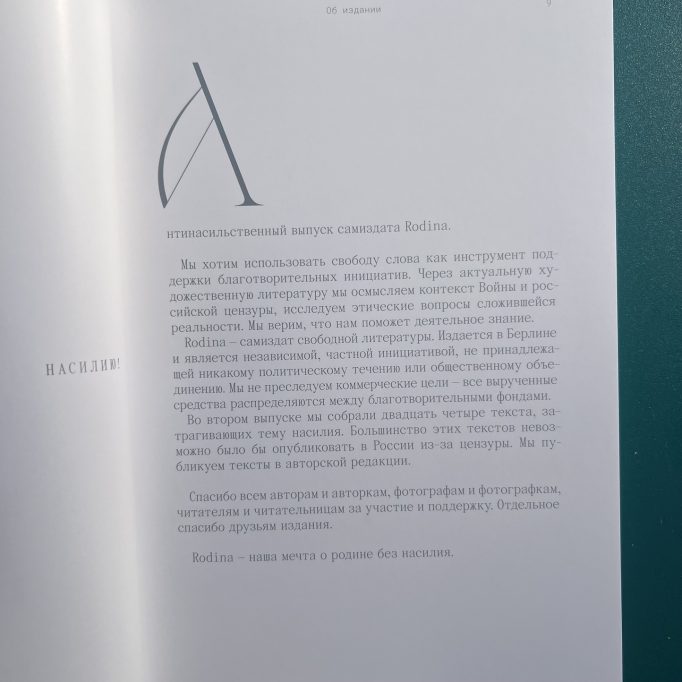


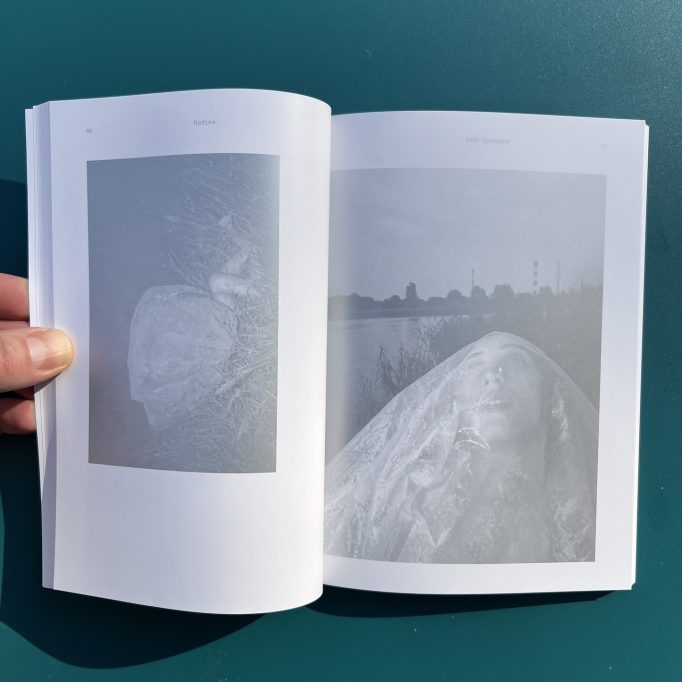
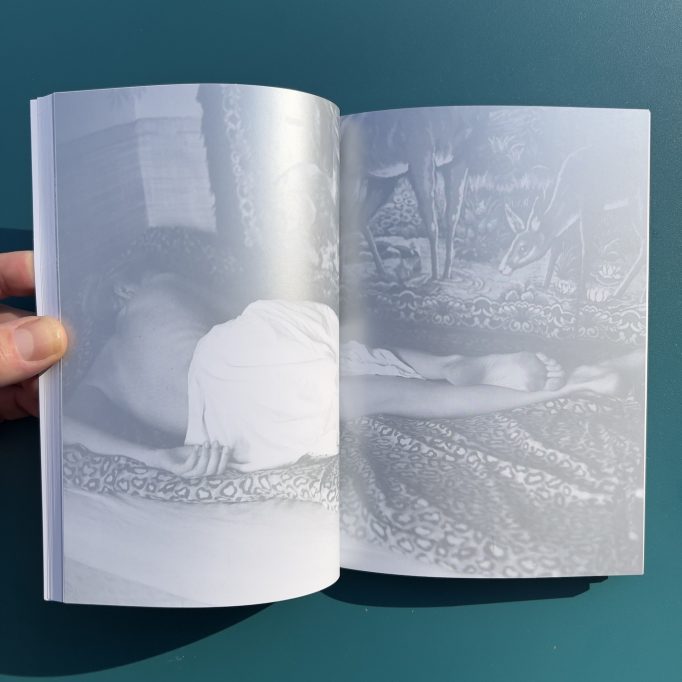
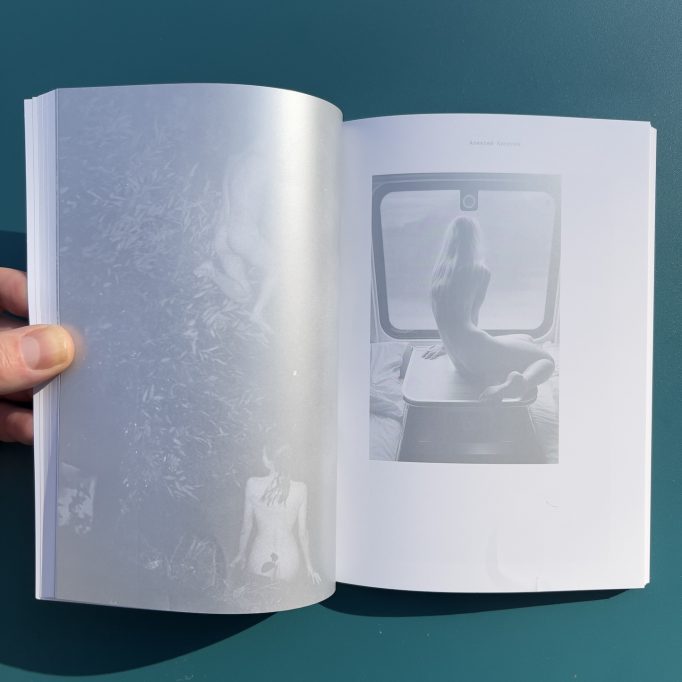
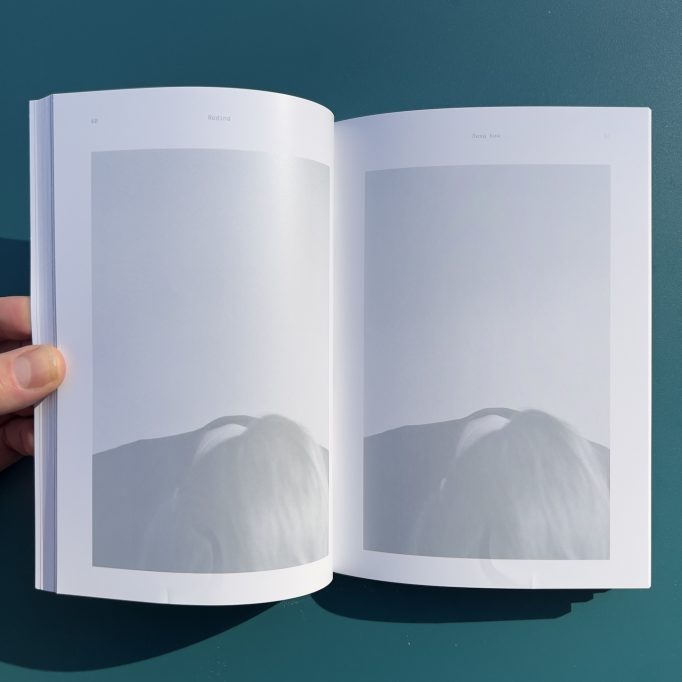
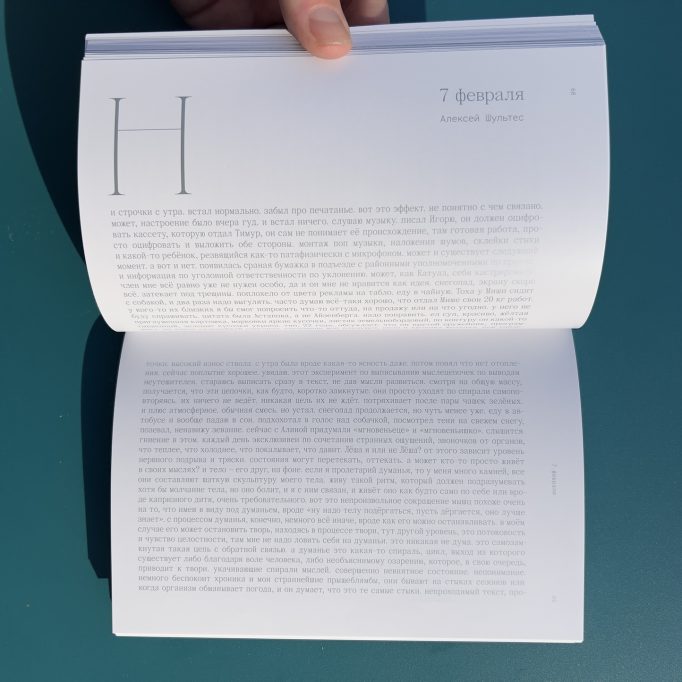
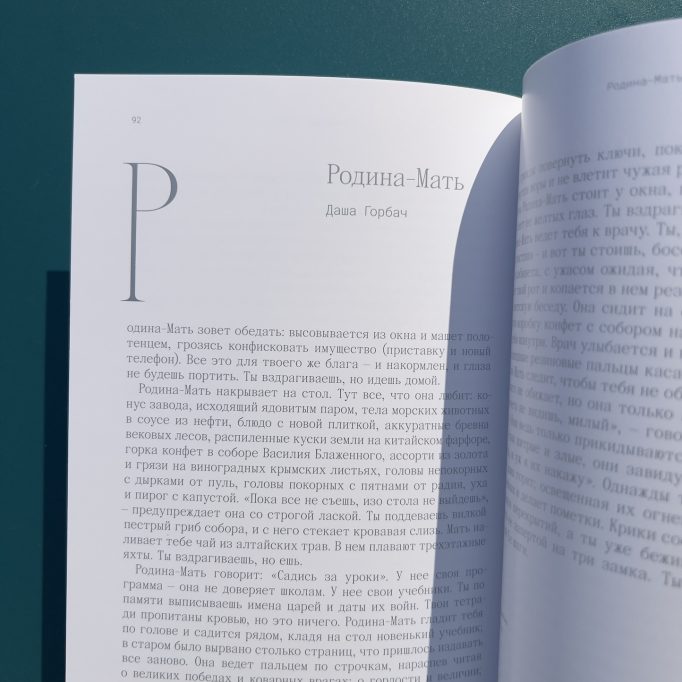
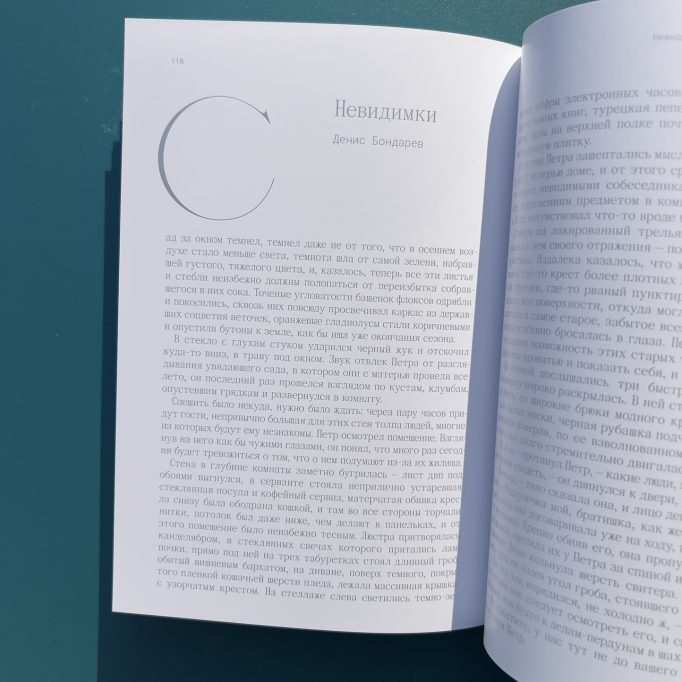

Живая
Юля Андриянова
Tаван Cершывам
Виктория Салтар
Жар-птица
Лилиан Рубцова
Старое весло
cybermedusa
Cамоубитые роскомнадзором
Максим Евстропов
НЕСКОЛЬКО ПРОСТЫХ ПРАВИЛ ДЛЯ ПРИЕЗЖИХ ИНОПЛАНЕТЯН
Регина
Картофель фри
Таро Муратов
Камень
Арсений Агеев
(См. ШИРЕ)
Вероника
Непозма
Мария фокусия
Кавабанга
Анна Бородина
Табличка
Лиза Петрова
Rodina – самиздат свободной литературы. Мы хотим использовать свободу слова как инструмент под- держки благотворительных инициатив. Через актуальную ху- дожественную литературу мы осмысляем контекст Войны и рос- сийской цензуры, исследуем этические вопросы сложившейся реальности. Мы верим, что нам поможет деятельное знание. Rodina издается в Берлине и является независимой, част- ной инициативой, не принадлежащей никакому политическому течению или общественному объединению. Мы не преследуем коммерческие цели, все вырученные средства распределяются между благотворительными фондами. В первом выпуске мы собрали двенадцать текстов, затраги- вающих тему войны, прав человека, ЛГБТК+, феминизма, свобо- ды слова. Мы публикуем тексты в авторской редакции. Издание выходит в трёх обложках. Спасибо всем авторам, фотографам, друзьям и читателям за участие и поддержку. Rodina – наша мечта о родине без насилия.
Order here.
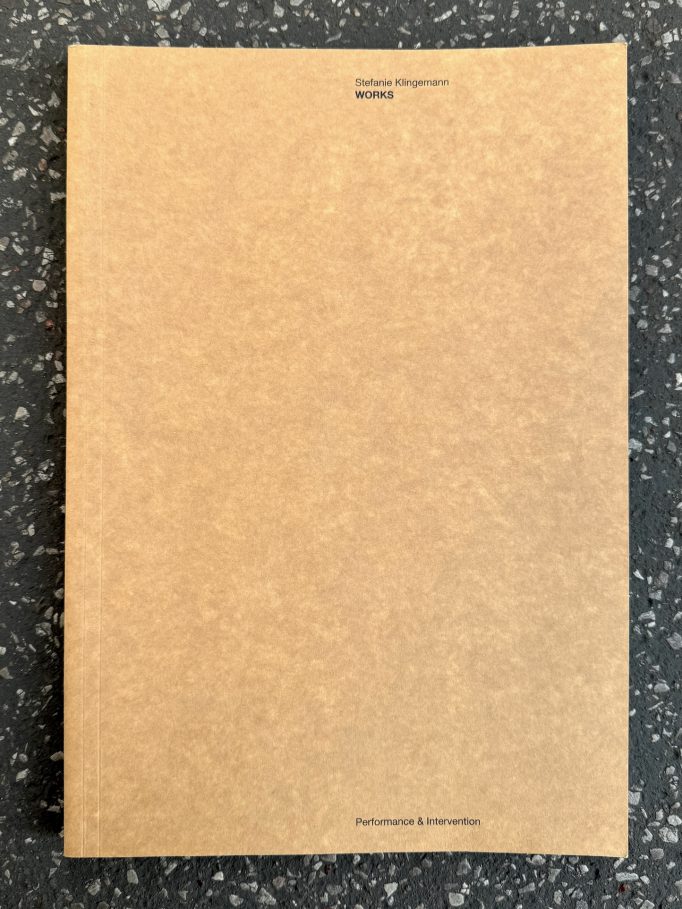
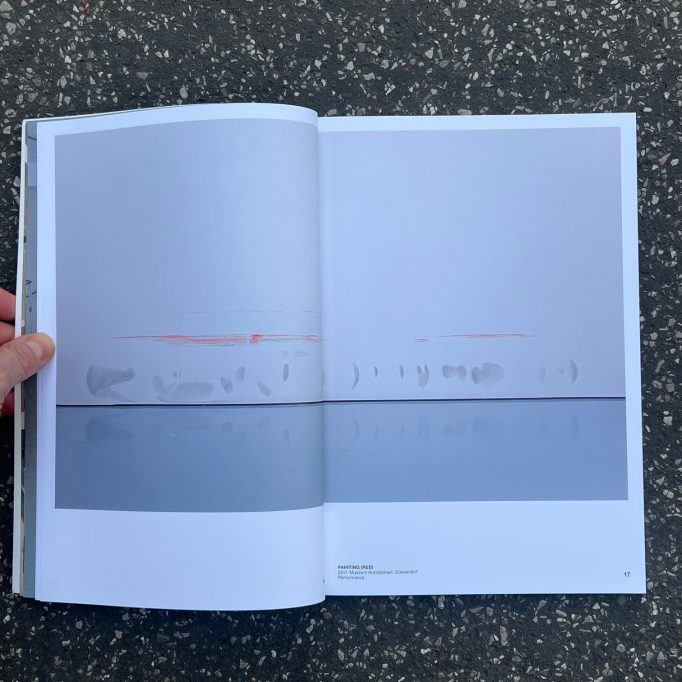
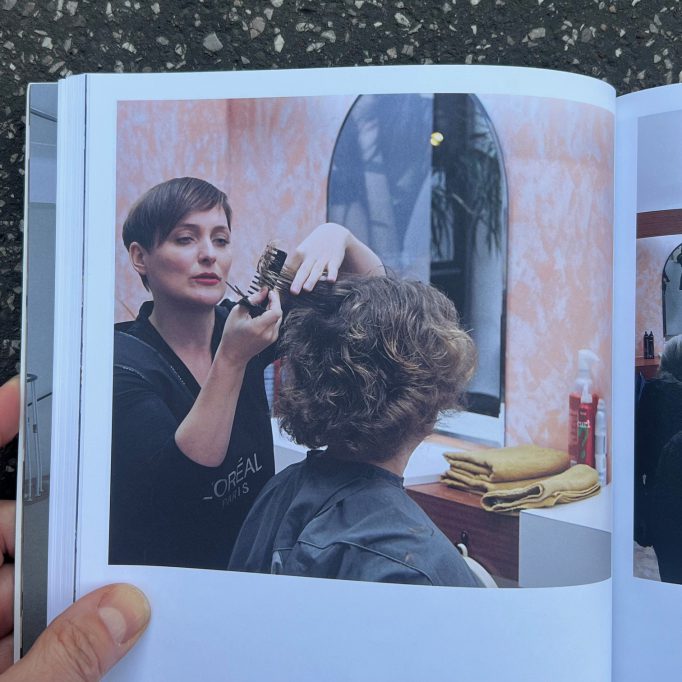
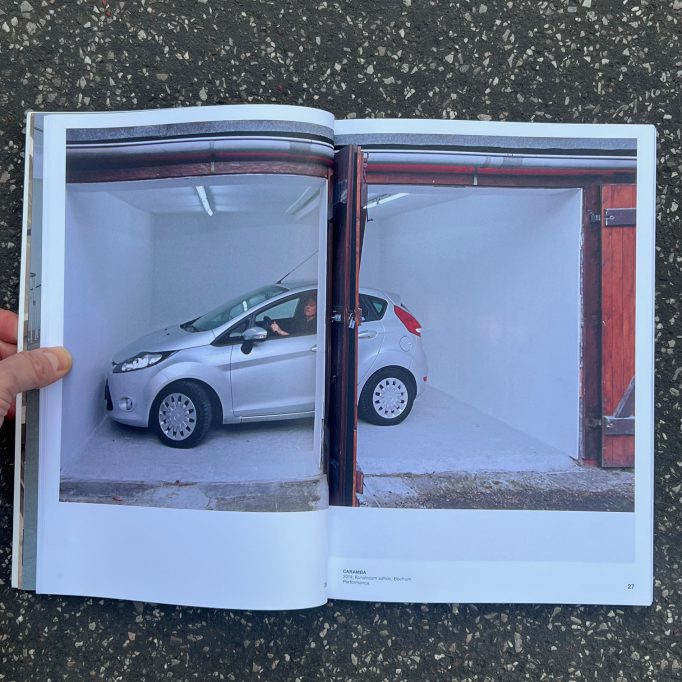
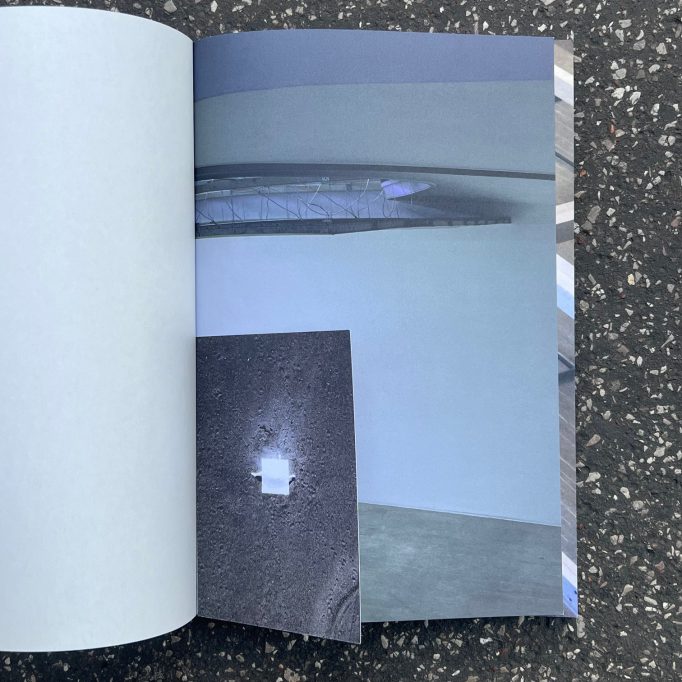
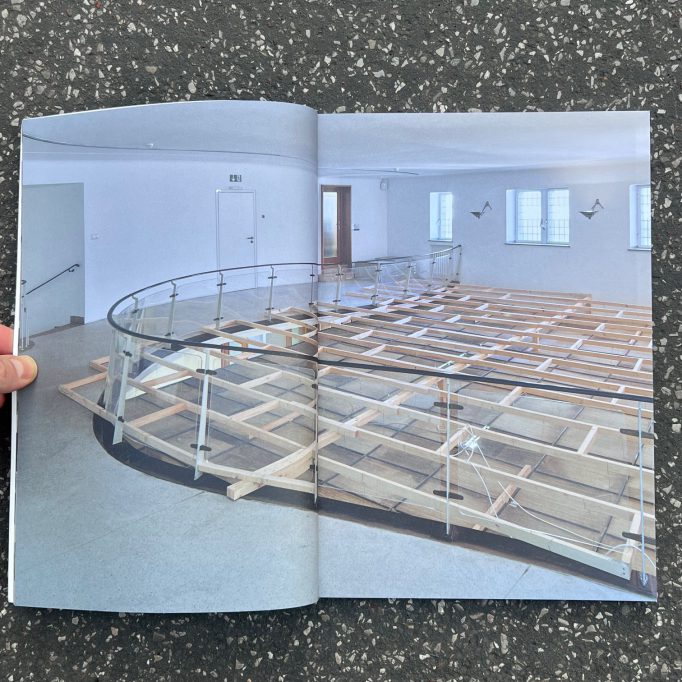


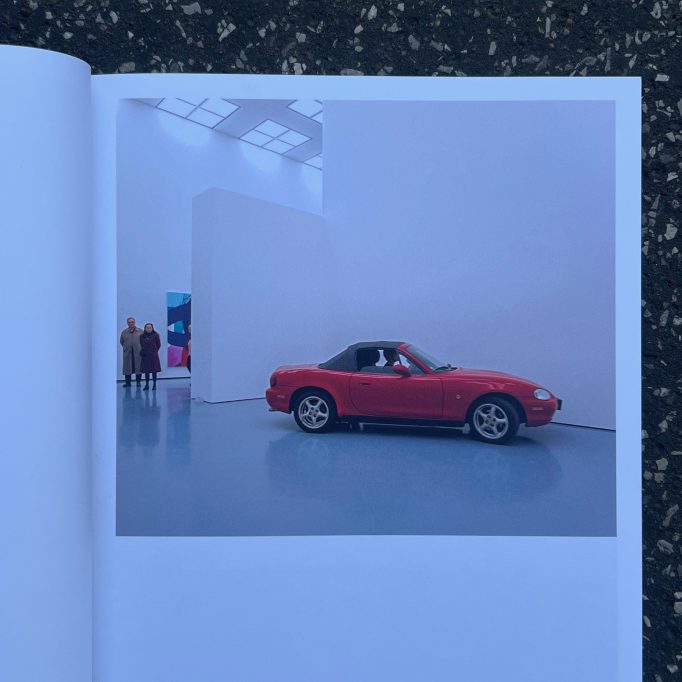
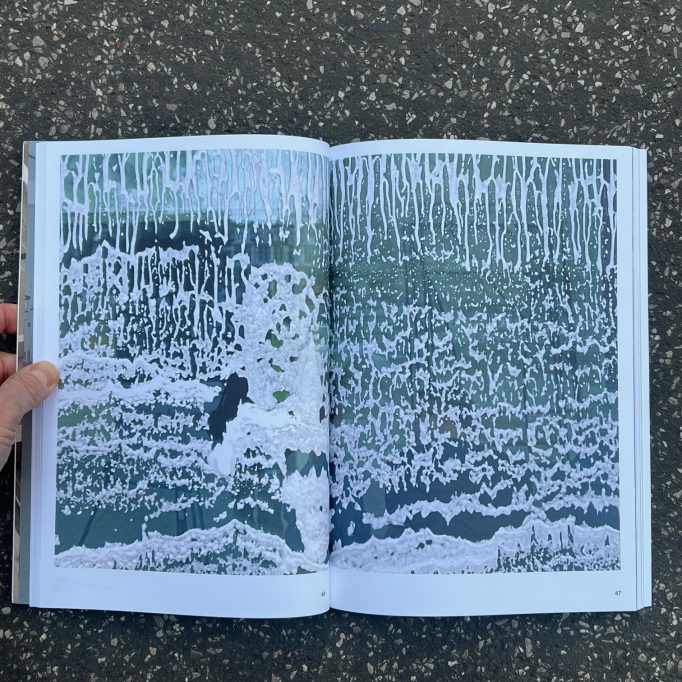
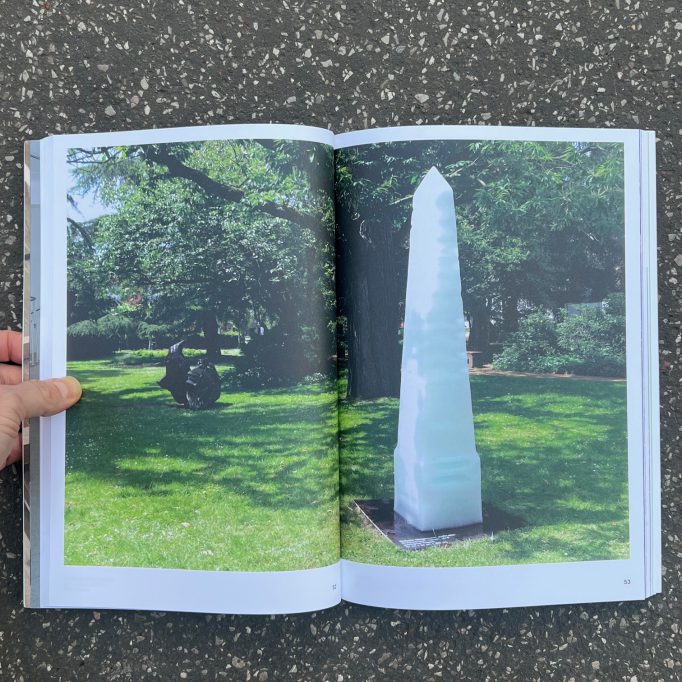
Art and life are directly connected, and yes, they complement each other. From observations of the quotidian, especially those in the public space, I extract insights through experimenting and researching which I then transform into artistic shape. What takes form in art does not only stimulate but significantly shape public discourse. I deliberately chose situations that appear uncomfortable at first. Dark corners, draughty gaps, and yes, discuss- ing the ‘in-between-ness’ of place and non- place is one of my concerns. Often through site-specific interventions, through performa- tive actions I detect the ‘lostness’ in such places. I always look for what’s present, there- fore work from the construction to display the inherent potential of such a place and also readily activate it in participative moments. To make as much as possible with as little as necessary – make visible, make perceptible – is the aim of my artistic practise.
Autor: Stefanie Klingemann
Order here.
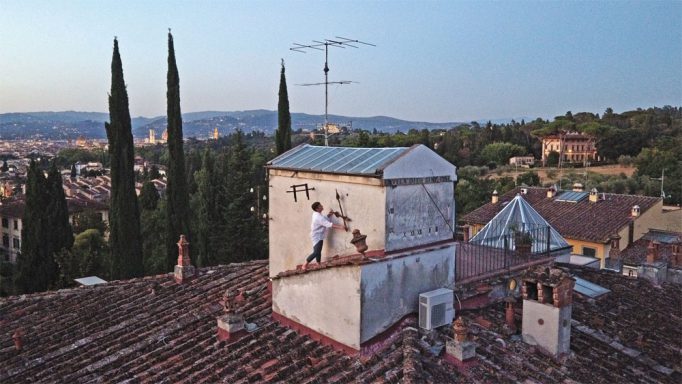
www.stefanieklingemann.de
@stefanieklingemann
+
http://un.titled.be
@unknown.artists.collective
@ Motto Paris
Saturday 01.03.2025,
from 6pm
/ 2021
Stefanie Klingemann and travel and work together on and besides the road, in public space and in temporary arrangements. On their ways they develop site- and context-specific interventions in existing structures and found situations. The compositions they create are often poetic, silent, and usually of ephemeral duration. At Motto Paris they present a set of postcards of this practice.
presents his recently realised oral publication “Erzählungen (1982– )” along with a set of posters “Outlines & Scenarios” – an ongoing collection of scenarios and sketches being rolled out and talked about in various conversations.
Motto Paris
38 rue du Vertbois
75003 Paris
(image: Stefanie Klingemann & at Villa Romana, Florence. 2021)ce )

ENTRE DOS AGUAS
Carlos León Zambrano
Sound Performance
Friday 14.02
8:30pm (sharp)
МОТТО
Skalitzerstr 68
BERLIN

This Sunday, January 12 at 7:00 PM, we will discuss hauntological narratives, nostalgia for places we have never been, and we will show two films:
Ewan Golder – Binary Love A retrofuturistic dystopia about aging lovers and dating apps in dreams.
Txema Novelo – Déjalo Ser A shamanic journey of poets in the Oaxaca desert, filmed on 8mm.
January 12 Motto 38 rue du Vertbois 75003 Paris
This post is related the upcoming film screening within the framework of the cinema club and Film Association K1NO1.
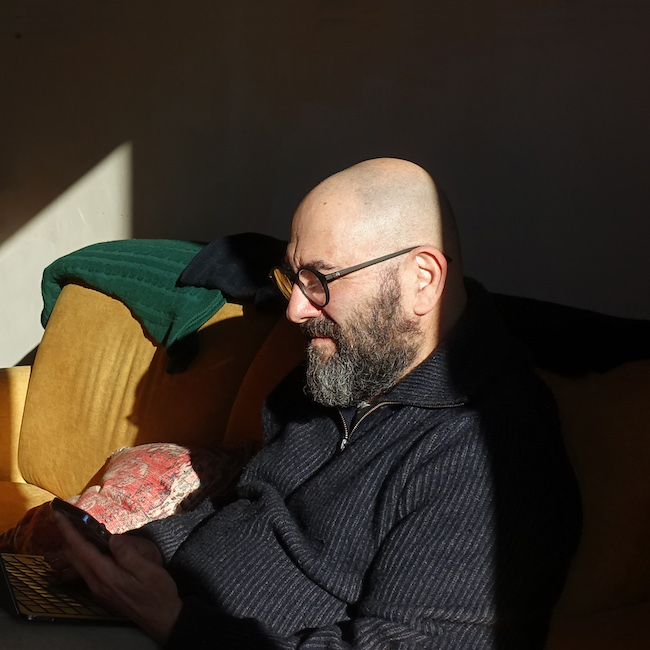
Rob Fitterman @ Motto Berlin. January 5, 2025
Accompanied By Shane Anderson
Start 6pm sharp
Please join us at Motto Berlin for a Poetry Reading event with Rob Fitterman and Shane Anderson.
Robert Fitterman is the author of 16 books of poetry. His most recent book, Creve Coeur, is a long poem recently published with Winter Editions (2024). Other titles include: This Window Makes Me Feel (Ugly Duckling Presse), No Wait, Yep. Definitely Still Hate Myself (Ugly Duckling Presse), Nevermind (Wonder Books) and Rob the Plagiarist (Roof Books). He has collaborated with several visual artists, including Serkan Ozkaya, Nayland Blake, Sabine Herrmann, Natalie Czech, Tim Davis, and Klaus Killisch. He is the founding member of the artists-poets collective Collective Task www.collectivetask.org. He lives in New York City and teaches writing at New York University.
Shane Anderson is the author of After the Oracle, Or: How The Golden State Warriors’ Four Core Values Can Change Your Life Like They Changed Mine (Deep Vellum). Published work in various forms can be found in various places. A translator of a number of contemporary German poets, he is also the translator of The Great Nowitzki (Norton). He is represented by Priscilla Posada at Regal | Hoffmann & Associates and lives in Wuppertal with his family.
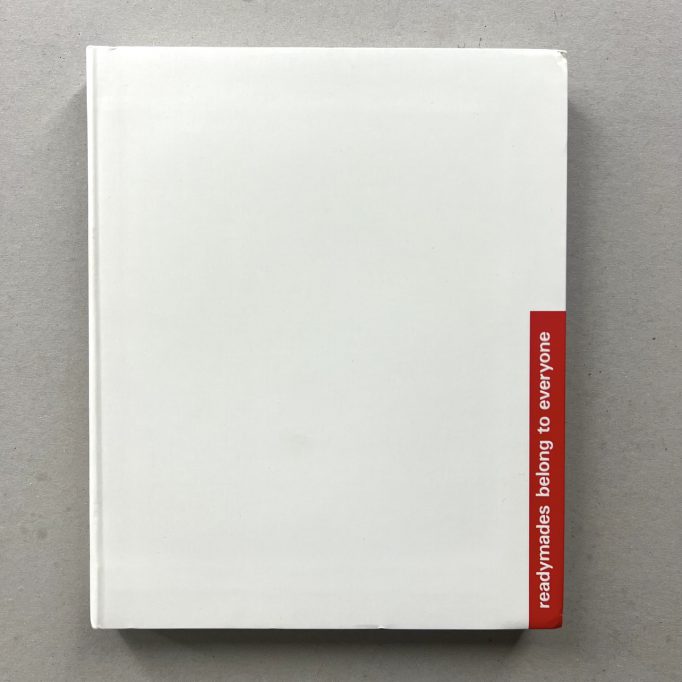

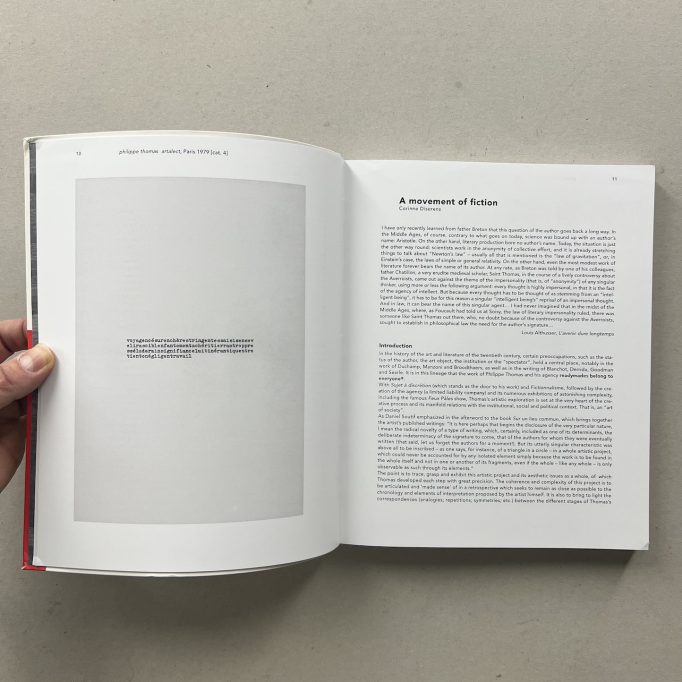
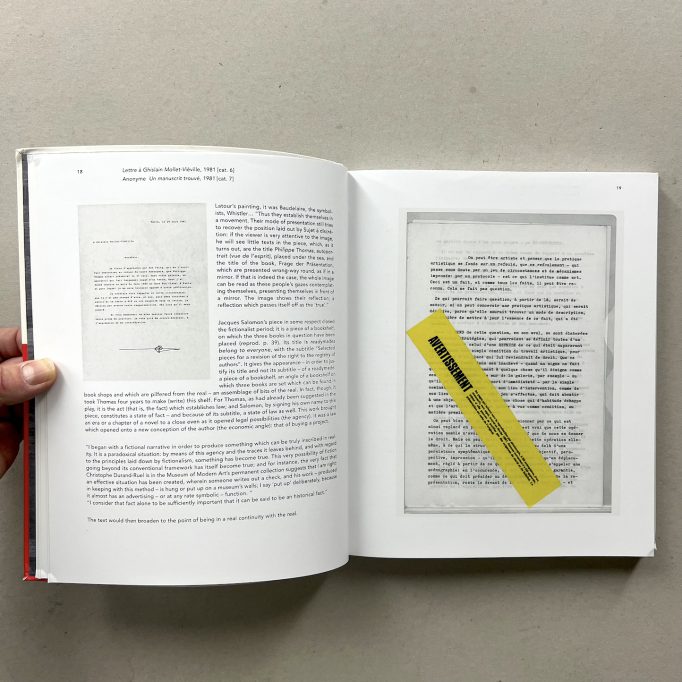
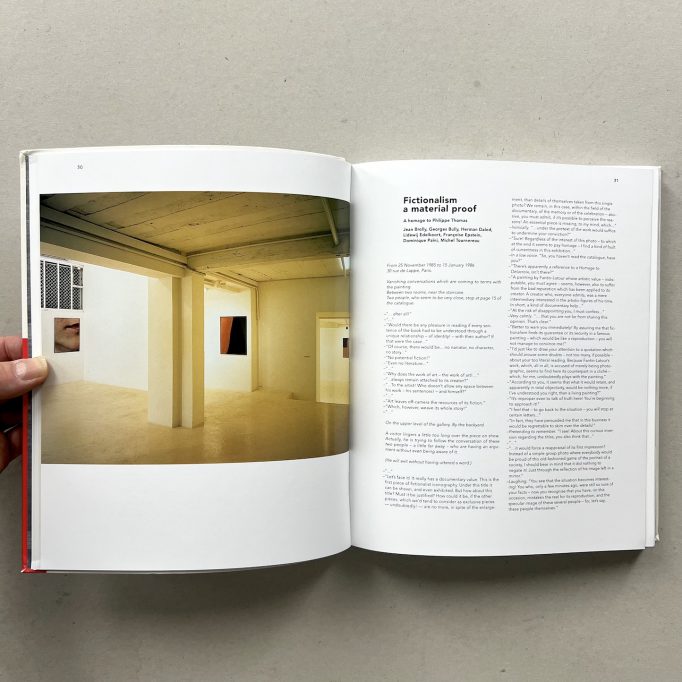
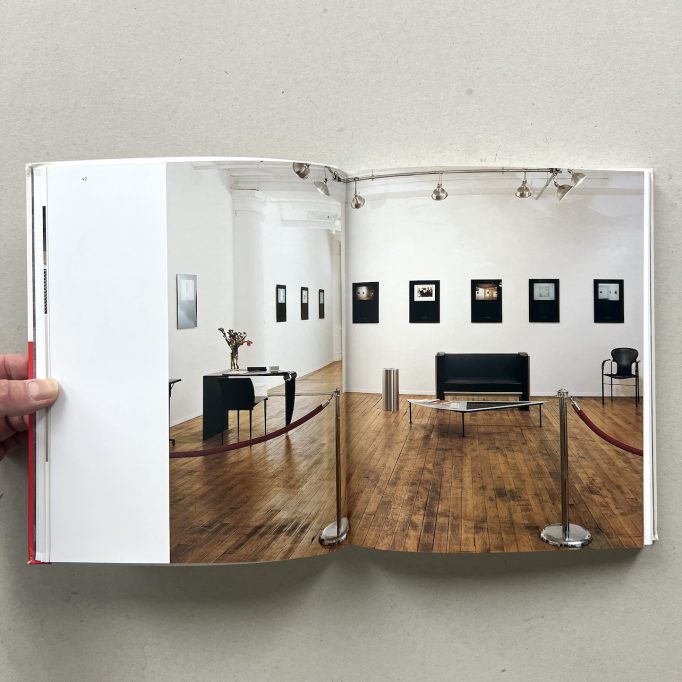
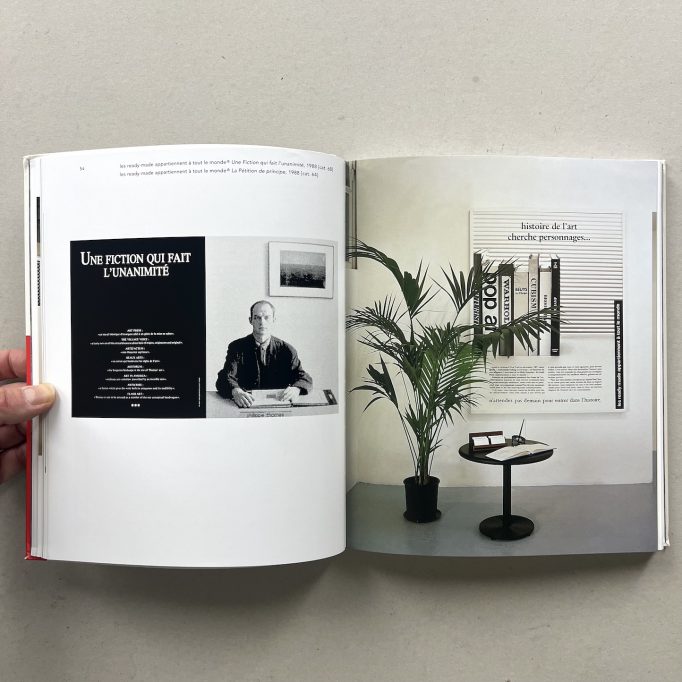
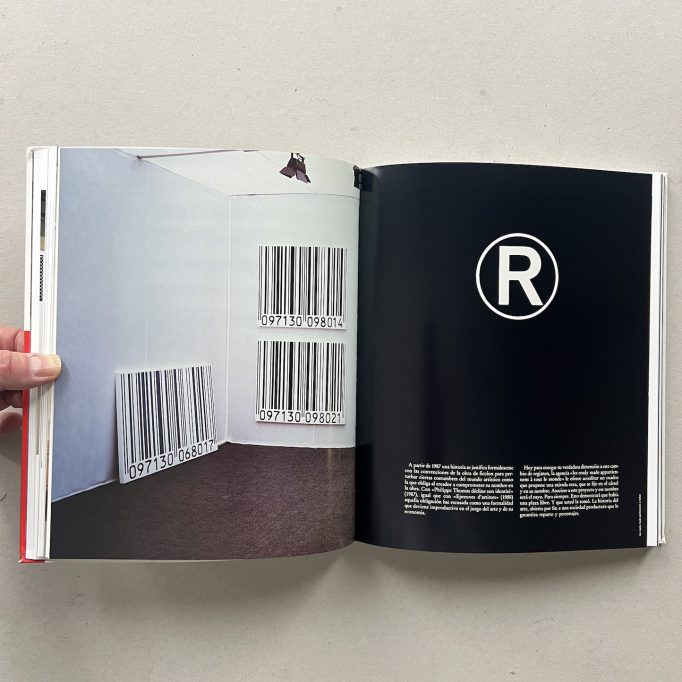

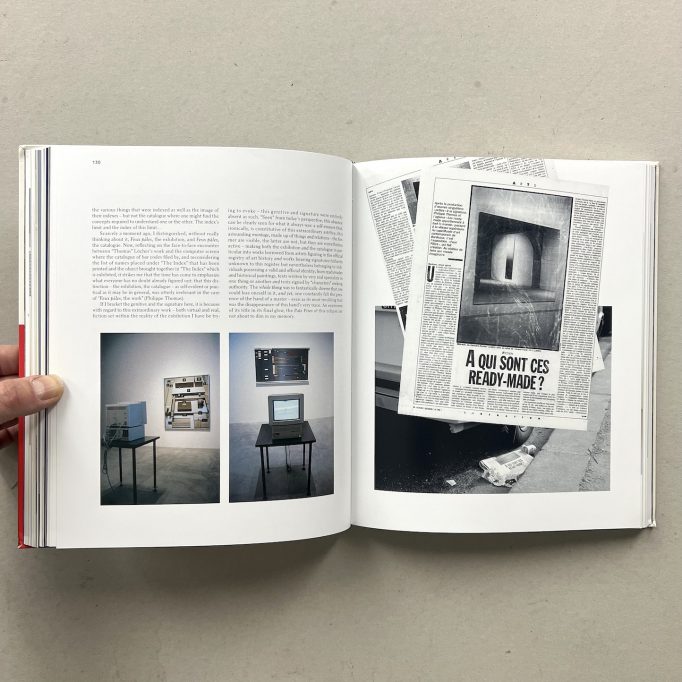
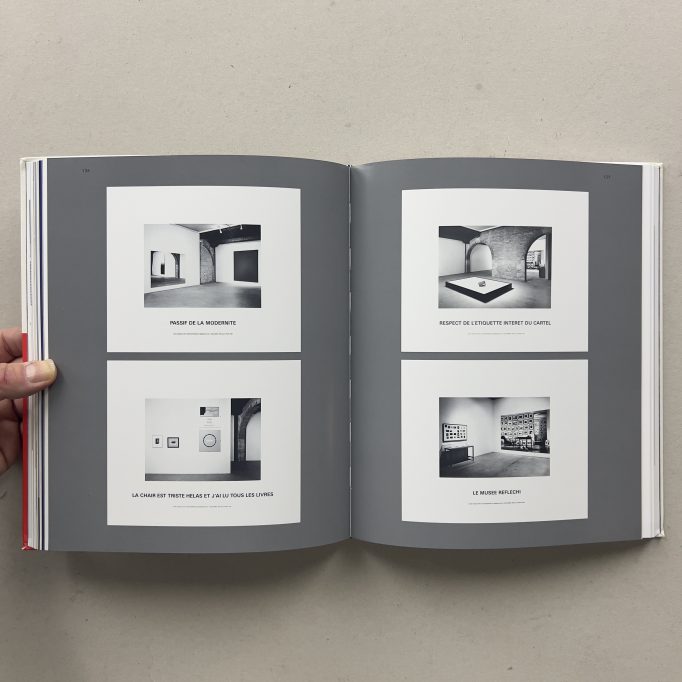
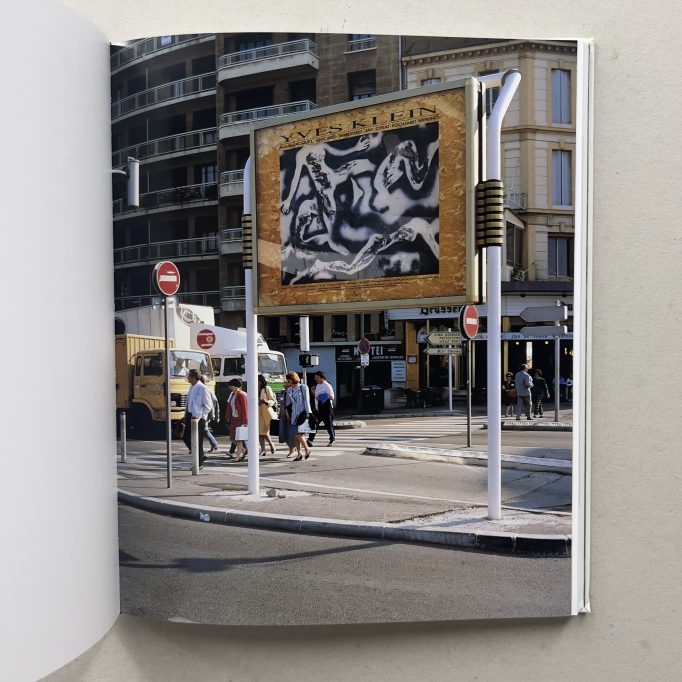
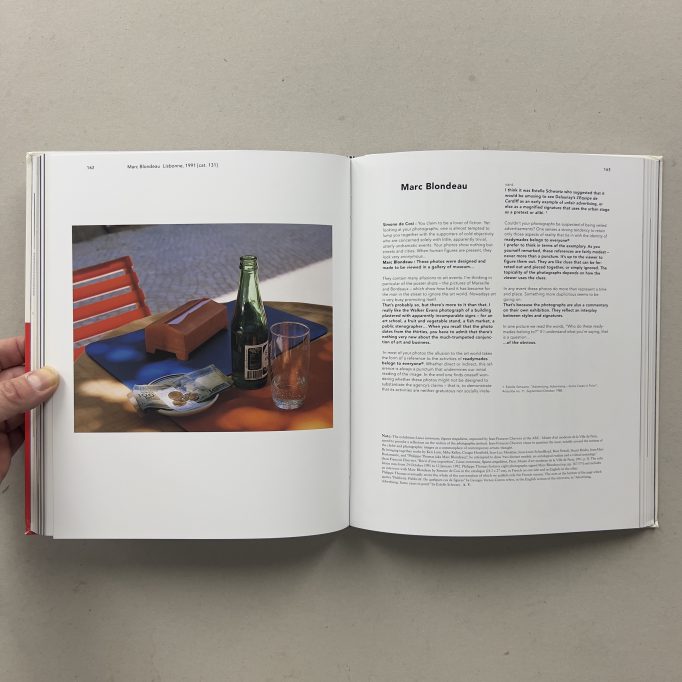
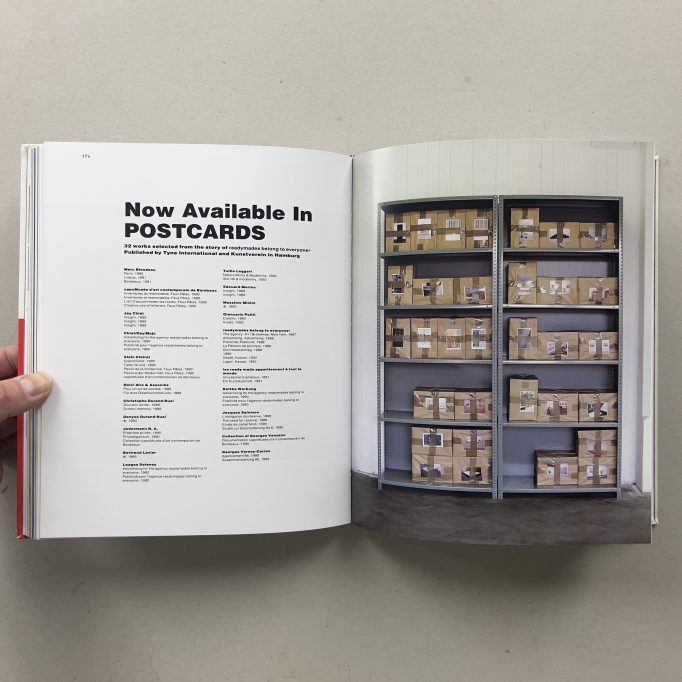
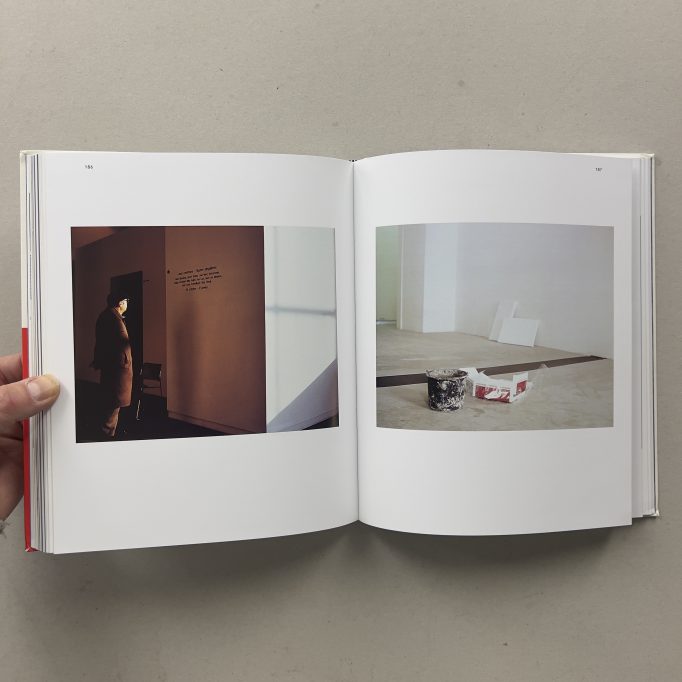
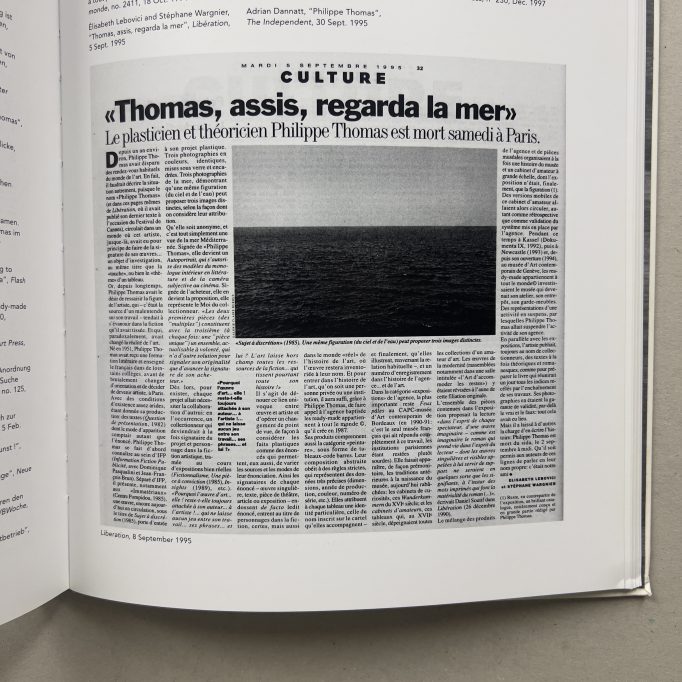
Published to accompany an exhibition at Museu d’Art Contemporani de Barcelona (MACBA), 27 September – 26 November 2000
The work of French artist Philippe Thomas revolves around the ideas of reality and fiction. As such, there is an aesthetic ambiguity at its core: all the physical elements involved in the creation, exhibition and circulation of an artwork (the work itself, the artist, the audience, galleries and museums, etc.) oscillate between values of reality and fiction. In keeping with this, Thomas registered the trademark les ready-made appartinnent à tout le monde® and used it to fictionalise his own identity. The catalogue includes pieces created by Thomas from the seventies until his death in 1995 along with essays by writers such as Corinne Diserens, Patricia Falguières, Daniel Soutif and Bernard Blistène.
Design by Ramon Prat, Montse Sagarra and David Lorente (Actar). 2000
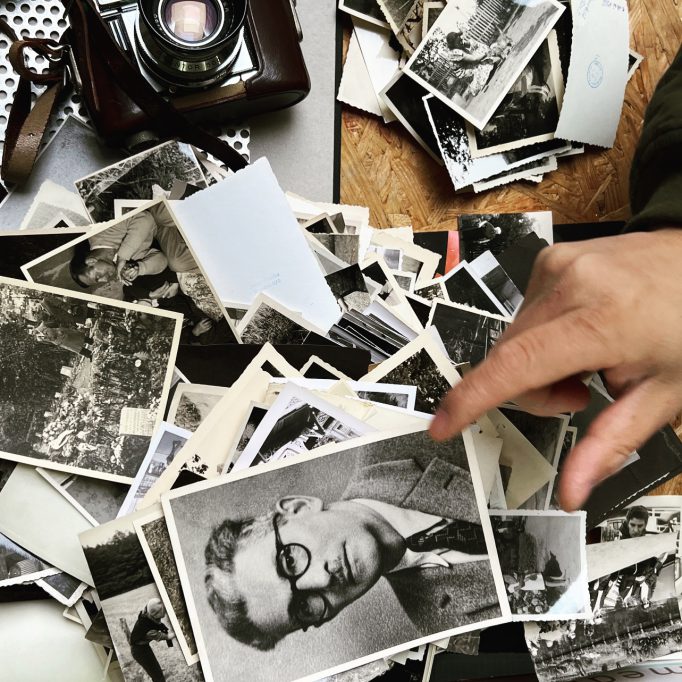
It’s going to snow soon
Hutong Pimp
&
Cai DongDong
Opening Saturday Nov. 23, from 4pm
Exhibition 24.11.2024 – 20.01.2025
@ Motto Berlin, Skalitzerstr. 68, 10997 Berlin

The plot of the novel ‘The Sublimes‘ revolves around seemingly unmotivated murders committed by the main character, Fyodor Sonnov. However, Fyodor, while committing these senseless crimes, pursues a specific goal: to understand the eternal mystery of death through “empirical” means. He perceives the visible world as an illusion. Fyodor unexpectedly encounters a group of Moscow intellectuals and metaphysicians, whose existence awakens in him greater interest than the characters of his mundane life. This acquaintance shapes the plot of the novel.
The theme of ‘The Sublimes’ is murder for the sake of penetrating the mystery of the soul of the murdered, and thus into the otherworldly realm. The author reveals the depth of philosophical searches through a brutal, often painful prose that can be horrifying upon re-reading. At the same time, Mamleev’s aspirations have a positive foundation: by diving into darkness, he seeks to manifest the light of the human soul and foster its growth.
The first versions of the novel ‘The Sublimes’ appeared in samizdat in 1966. At that time, there could be no question of an official publication of the novel in the USSR, even though there was nothing “political” about it; the novel did not meet moral and ethical criteria. Later, when Yuri Mamleev presented this novel to a major New York publishing house, the response was harsh: “The world is not ready for this book.” The novel was officially published for the first time in Chicago in 1980 in a version shortened by a third, titled “The Sky Above Hell.” “The world is not ready to read this novel. And I would not want to live in a world that would be ready to read this novel,” a New York critic remarked about the abridged version of ‘The Sublimes’.
Yuri Vitalyevich Mamleev, also Mamleyev or Mamleiev (Russian: Юрий Витальевич Мамлеев, 11 December 1931 – 25 October 2015), was a prominent Russian novelist who began writing in the 1960s and won the Pushkin Prize in 2000. He is considered the founder of metaphysical realism as a literary genre. His best known work, The Sublimes (Russian: Шатуны), was a samizdat novel published in 1966 and translated into English in 2014 by Marian Schwartz.
Mamleev was also well known as the founder of the Yuzhinsky Circle, an occultist, underground literary salon based out of his shared apartment on Yuzhinsky Lane in central Moscow. The illegal literary salon attracted many non-conformist and anti-Soviet artists, writers, intellectuals, and poets, including the future philosopher Aleksandr Dugin, Yevgeny Golovin, and Geydar Dzhemal. He was deeply interested in Hindu and Buddhist doctrines and went on to lecture at Institut national des langues et civilisations orientales in Paris and Moscow State University. Following Mamleev’s immigration to the United States, Golovin took over leadership of the group.
In 1974, Mamleev left the USSR and emigrated to the United States where he taught at Cornell University until the fall of the Soviet Union. Post-dissolution, he returned to Moscow where he continued to live and write until his death in 2015.
This post is related the upcoming film screening of director Valentina Bek’s documentary, ‘News from another world,’ about Mamleev within the framework of the cinema club and Film Association K1NO1.
NEWS FROM THE OTHER WORLD
a film by Valentina Bek about the writer Yuri Mamleyev
Friday Nov 15, 7pm
Screening
+conversation with Valentina Bek